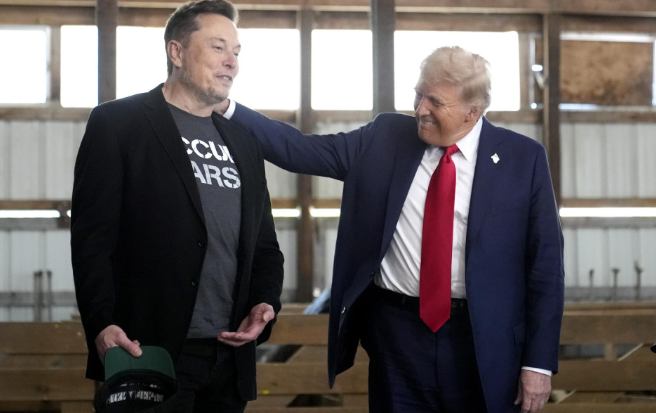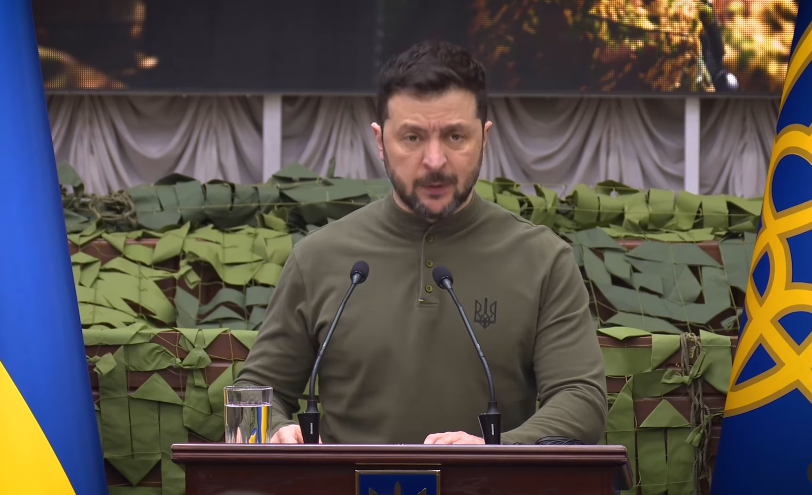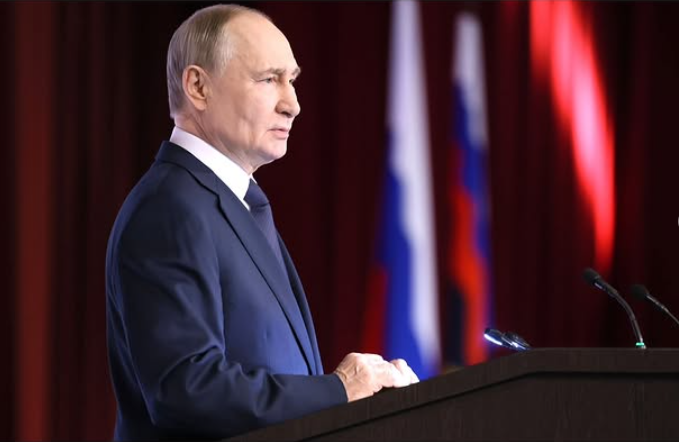[ad_1]
LONDON (Reuters) – The parents of Charlie Gard have until noon on Thursday to agree arrangements for the child’s death in a hospice after a harrowing legal battle that sparked a debate over who has the moral authority to decide the fate of an ailing baby.
Charlie, an 11-month-old boy who suffers from an extremely rare genetic condition causing progressive brain damage and muscle weakness, has little time left before a ventilation tube which keeps him alive is finally removed.
After reluctantly accepting that there was no hope for Charlie, his parents, Connie Yates and Chris Gard, had sought to take their son home to die.
But Great Ormond Street Hospital, where Charlie is being treated, said that would not be possible due to the invasive ventilation equipment needed to keep Charlie alive. He cannot see, hear or swallow.
His parents have since been trying to find an intensive care doctor to oversee a plan that would allow Charlie to be ventilated in a hospice for several days.
“We need some peaceful time with our baby boy,” the parents said in a statement. “We need a paediatric intensive care consultant to come forward to assist and facilitate with a hospice stay.”
A lawyer for Charlie’s court-appointed guardian had told the High Court that no hospice could provide care for intensively ventilated children for a long time, so the parents’ wish to spend several days with him could not be fulfilled.
Noon Deadline
It was to give them a final chance of making such an arrangement that the judge gave them until noon on Thursday.
“Unless by 12 noon tomorrow the parents and the guardian and the hospital can agree an alternative arrangement, Charlie will be transferred to a hospice and extubated shortly after,” said Nicholas Francis, the judge presiding over the case.
The judge ordered that the name of the hospice and the exact timing of Charlie’s last moments should not be disclosed to the public.
At one point on Wednesday, Yates shouted in court, apparently at Charlie’s guardian: “What if it was your child? I hope you are happy with yourself.” She then left the courtroom in tears.
The case has triggered a heated debate in the press and on social media about who should decide a child’s fate, and has drawn comment from U.S. President Donald Trump and Pope Francis.
Charlie’s parents had wanted to take him to the United States to undergo an experimental treatment never before tried on anyone with his condition, against the advice of Great Ormond Street doctors.
Britain’s courts, backed by the European Court of Human Rights, refused permission, saying it would prolong his suffering without any realistic prospect of helping him.
Reporting by Guy Faulconbridge; Editing by Gareth Jones
[ad_2]
Source link






Leave a Reply